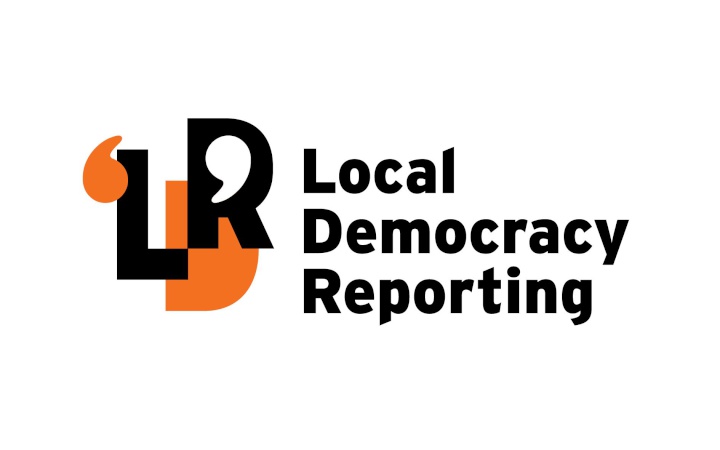
Mayor Victor Luca says the downgrade of specialist services at Whakatāne Hospital's gynaecology and obstetrics department is only the tip of the iceberg of the issues facing health services.
For the past six months he has been planning a health conference featuring the who's who of health that he hopes will "put a fire under some of the politician's feet" to improve health services.
The virtual conference will be run out of the Whakatāne District Council chambers and streamed online through the council's YouTube page.
Outside of his mayoral duties, as president of Whakatāne Grey Power, he has spent the past four years researching New Zealand's health system and will chair the event in which has encouraged mayors from around New Zealand to participate. It will be open to the public both in person or online, on 26 February from 8.30am and will remain online for anyone to view later.
Having lived and worked in countries with dysfunctional public health systems where adequate health services are only available those able to afford private health insurance, he was surprised on returning to New Zealand to health services were moving in a similar direction.
"I thought, when I came back to New Zealand, that we had a public system, only to find out that 35 percent of New Zealanders have actually got private heath insurance. Only 15 percent of Māori are in it.
"There is no way to logically argue that we have anything but a class-based system. It is two-tiered. Those who have insurance and those who don't. If you have insurance you get the premium and prompt service. If you don't, you go on the waiting list, which is getting ever longer."
He recalled his own experience of being on the lower tier of a two-tiered health system when living in Buenos Aires.
"I had kidney stones. I didn't have private insurance and ended up in a public hospital. They were competent doctors but working in a completely underfunded system. I got an old-fashioned film Xray. The ultrasound sensor was outdated and broken. I ended up spending the night with a lure in my arm on a table trolley with no mattress and because they couldn't find a pillow I was given a plastic bag stuffed with cotton wool."
Having investigated in his own time, including making at least 30 Official Information Act requests to the Ministry of Health, he has determined that New Zealand's health service is headed in the same direction.
"What we saw in obstetrics and gynacology recently is just the tip of the iceberg. It is just one of the 41 health specialities, some of which are well on the track to privatisation.
"I have all of that data. I can give you a plot of FTE (full-time equivalent employees) private and public as a function of time for all the health specialities."
Sandy Milne, who has been campaigning for better laboratory services in Whakatāne since they were outsourced to a private laboratory in Tauranga, will also speak briefly at the conference.
Other speakers are health systems commentator and columnist Ian Powell, who is a former Association of Salaried Medical Specialists executive director; University of Otago Centre for Health Systems and Technology co-director Robin Gauld; University of Otago Centre of Hauora Māori Professor of Public Health in Kōhatu Peter Crampton and specialist medical laboratory scientist Dr Terry Taylor.
Luca said the complexities of health systems included how to fund them and to address this, another key speaker would be Professor Steve Keen, Head of School of Economics, History and Politics at Kingston University in London.
Luca described Professor Keen as "the contrarian economist of our times".
"This is about thinking outside the box, because all too often these days I hear the government saying 'we don't have money we can't finance this'.
And yet, we managed to build infrastructure in this country with half the population before the 1970s and since then we've been going backwards.
LDR is local body journalism co-funded by RNZ and NZ On Air.



 Race Unity Speech Awards: Students Unite As One - Speaking Up For Unity In Aotearoa - Race Unity Speech Awards And Hui 2025
Race Unity Speech Awards: Students Unite As One - Speaking Up For Unity In Aotearoa - Race Unity Speech Awards And Hui 2025 General Practice Owners Association: Government Focus On Physician Associates A Distraction From Real Issues
General Practice Owners Association: Government Focus On Physician Associates A Distraction From Real Issues HELP Auckland: Prima Facie Performance Spotlights Urgent Justice Issues For Survivors During Rape Awareness Week
HELP Auckland: Prima Facie Performance Spotlights Urgent Justice Issues For Survivors During Rape Awareness Week Royal Commission Covid-19 Lessons Learned: COVID-19 Inquiry Receives More Than 31,000 Submissions
Royal Commission Covid-19 Lessons Learned: COVID-19 Inquiry Receives More Than 31,000 Submissions NZ Principals Federation: Principals Welcome Government Teacher Registration Relief
NZ Principals Federation: Principals Welcome Government Teacher Registration Relief Yachting New Zealand: Kiwi Sailor Claims Silver In First Regatta Since Paris 2024
Yachting New Zealand: Kiwi Sailor Claims Silver In First Regatta Since Paris 2024